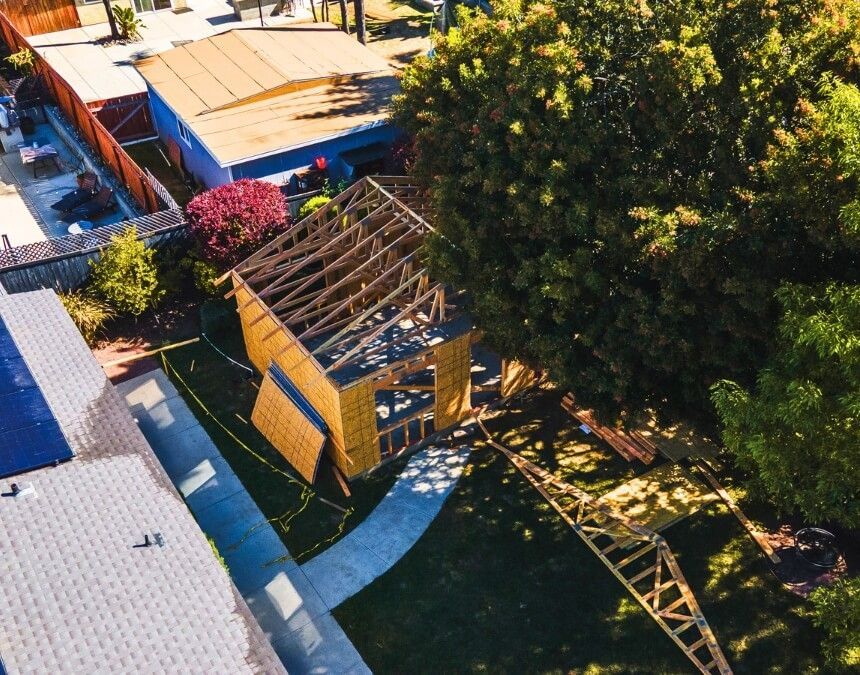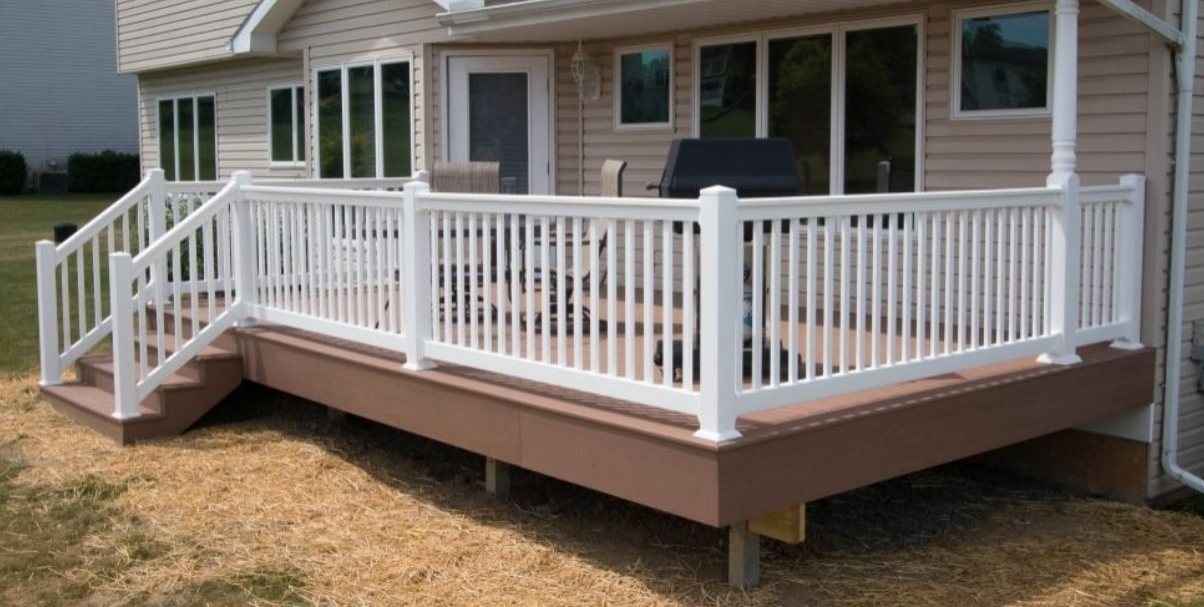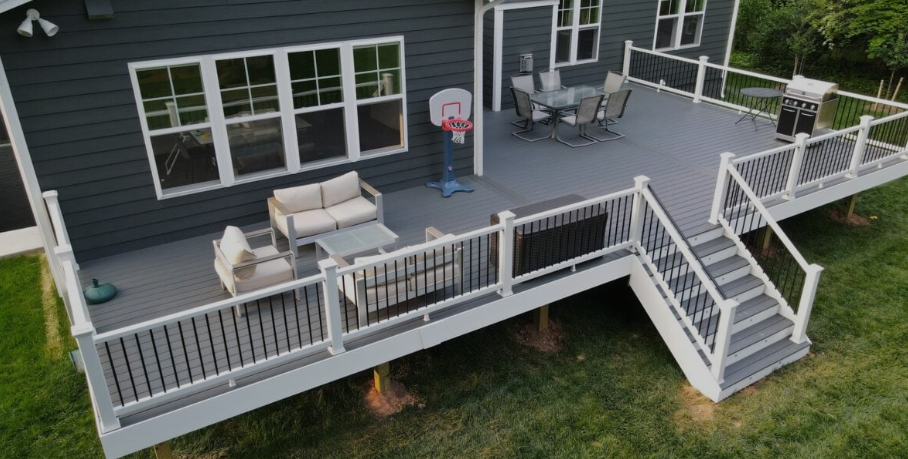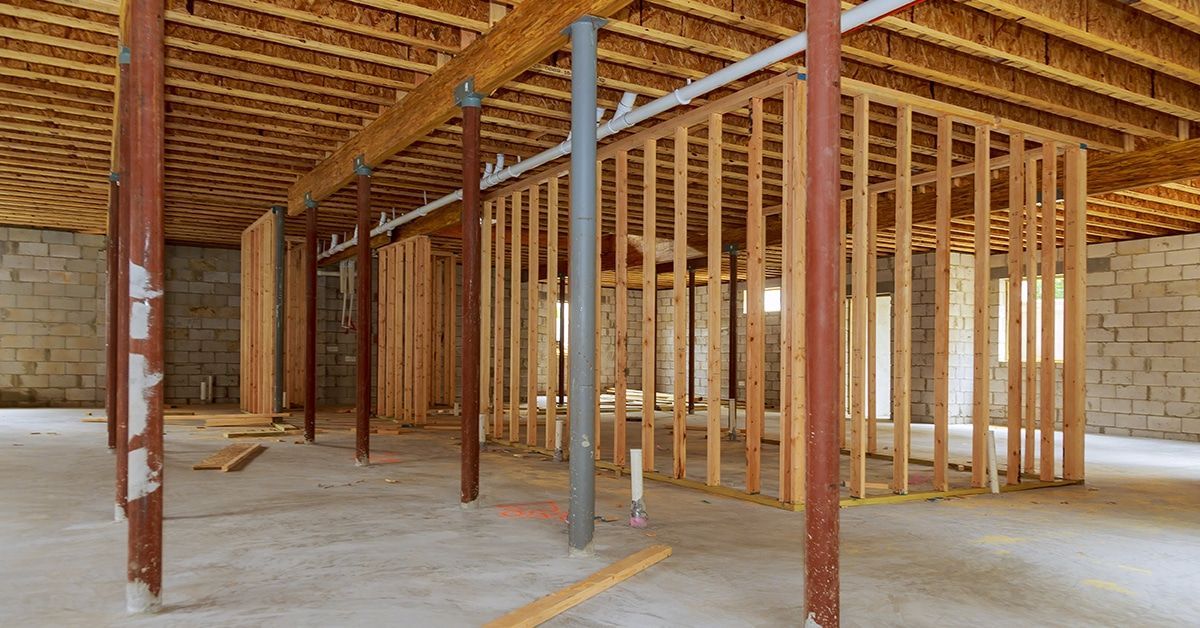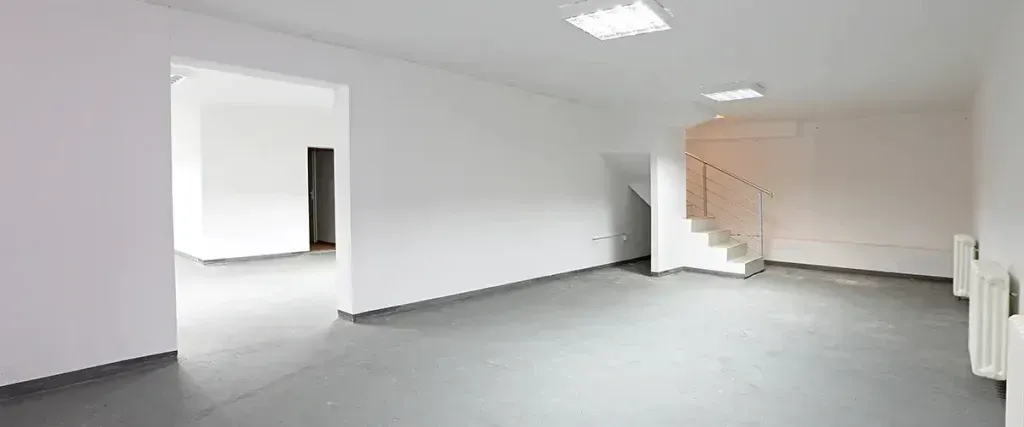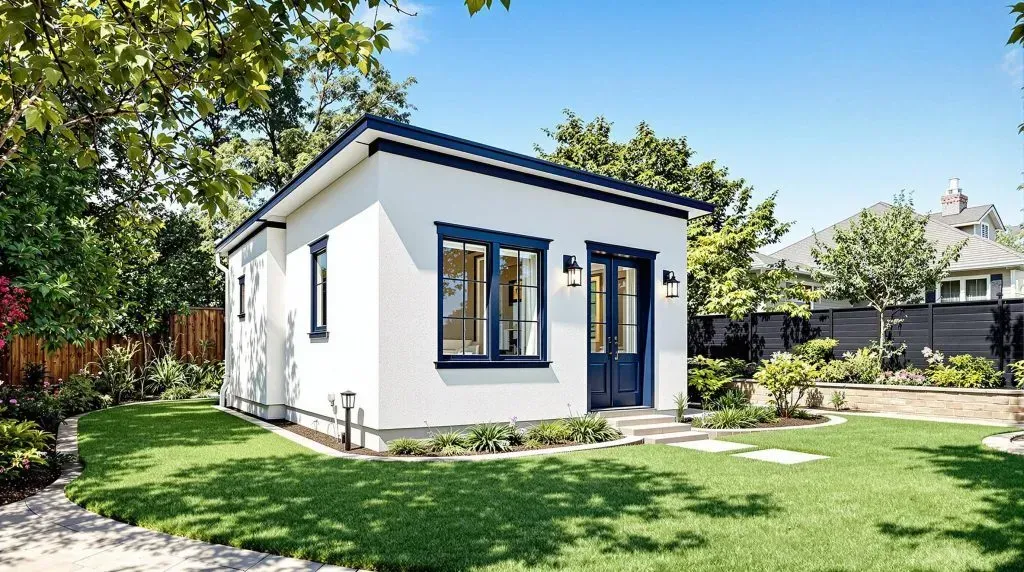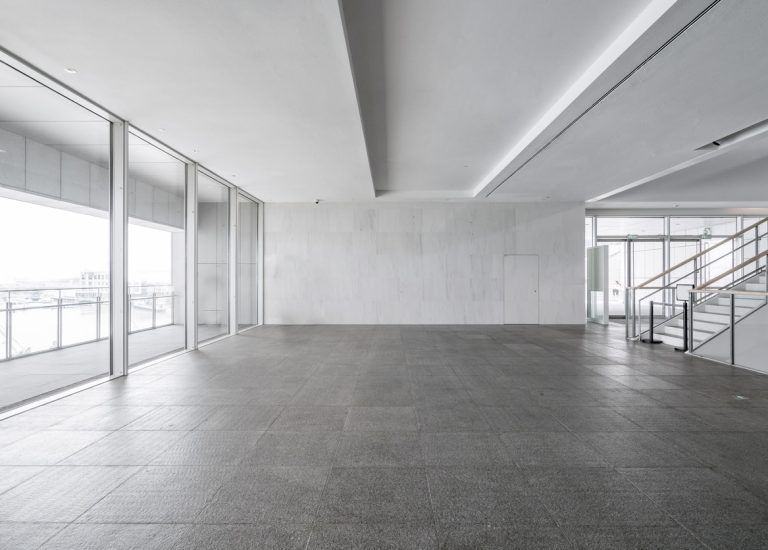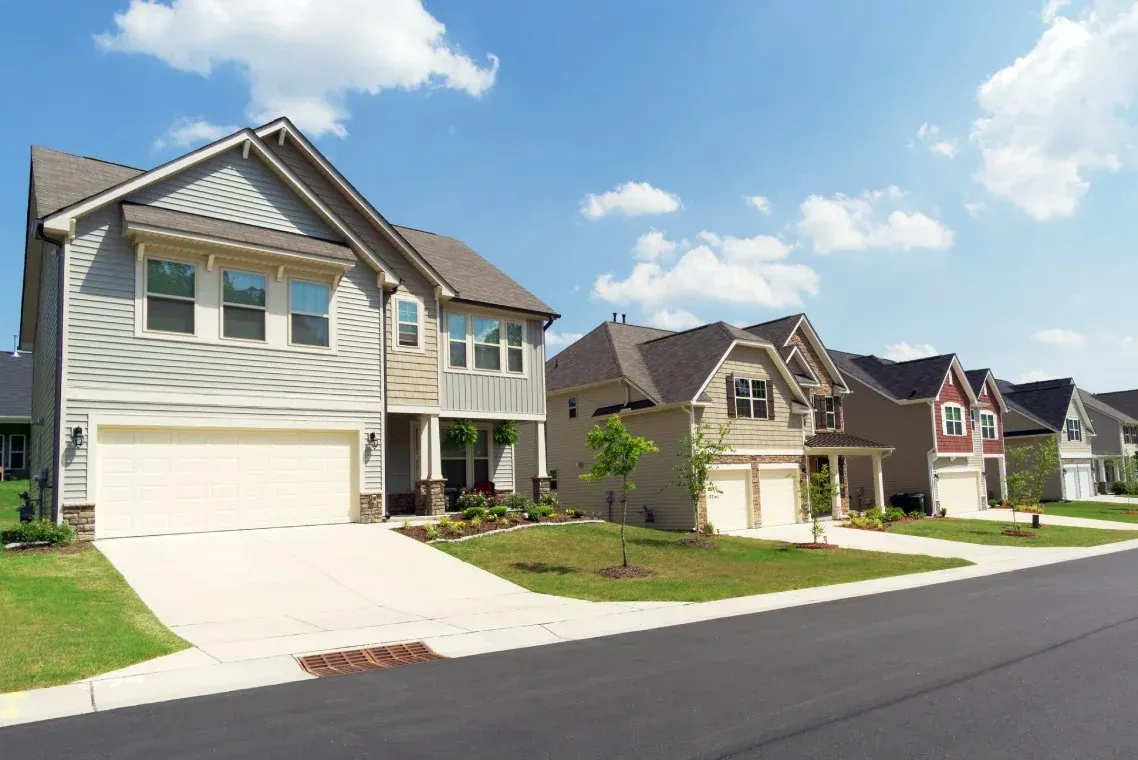How Often Should You Pump Your Septic Tank - Rhode Island
Proper septic tank maintenance is crucial for Rhode Island homeowners, where over 230,000 properties rely on onsite wastewater treatment systems. Understanding the correct pumping frequency can prevent costly system failures, protect groundwater quality, and ensure compliance with state regulations. Here's everything you need to know about septic tank pumping schedules in Rhode Island.
Rhode Island Septic Tank Pumping Requirements
Rhode Island law requires septic tanks to be pumped every 3-5 years, depending on your system type and household size. However, the optimal frequency varies based on several factors specific to your property and usage patterns.
Standard Pumping Schedule by Household Size:
- 1-2 people: Every 4-5 years
- 3-4 people: Every 3-4 years
- 5-6 people: Every 2-3 years
- 7+ people: Every 1-2 years
These intervals assume normal water usage and proper septic system care. Many Rhode Island households may need more frequent pumping based on local conditions.
Factors That Affect Pumping Frequency in Rhode Island
1. Rhode Island's Unique Soil Conditions
Rhode Island's predominantly clay and till soils drain slowly, which can impact your septic system's efficiency. Areas with poor drainage may require more frequent pumping because wastewater doesn't filter through the soil as effectively, causing tanks to fill faster.
2. Seasonal Groundwater Fluctuations
Rhode Island experiences significant seasonal groundwater level changes, particularly during spring snowmelt and heavy rainfall periods. High groundwater can infiltrate septic systems, increasing the volume of water your tank must process and potentially requiring more frequent pumping.
3. Coastal Environmental Factors
Properties near Rhode Island's coastline face unique challenges from salt air, which can accelerate corrosion of septic system components, and tidal influences that affect groundwater levels. These factors may necessitate more frequent maintenance and pumping.
4. Age of Your Septic System
Many Rhode Island homes have septic systems installed before current regulations took effect. Older systems often require more frequent pumping due to:
- Smaller tank capacities
- Less efficient designs
- Deteriorated baffles and components
- Accumulated sediment from decades of use
Signs You Need Pumping Sooner Than Scheduled
Even if you're following the recommended schedule, certain warning signs indicate your Rhode Island septic tank needs immediate pumping:
Immediate Pumping Indicators:
- Sewage backups in your home
- Standing water around your septic tank or drain field
- Strong odors from your septic area
- Slow draining fixtures throughout your house
- Gurgling sounds from toilets or drains
- Lush grass growth over your drain field
Seasonal Considerations:
- Spring pumping is often necessary after heavy snowmelt
- Fall pumping prepares your system for winter freeze-thaw cycles
- Post-storm pumping may be required after major weather events
Rhode Island Septic System Regulations
The Rhode Island Department of Environmental Management (DEM) has specific requirements for septic system maintenance:
Mandatory Inspections:
- Every 3 years for most residential systems
- Annual inspections for some commercial systems
- Pre-sale inspections required for property transfers
Pumping Documentation:
- Licensed pumpers must provide pumping records
- Records must be maintained for DEM compliance
- Some municipalities require pumping receipts for permits
Licensed Professionals:
- Only DEM-licensed professionals can pump septic tanks
- Pumping companies must dispose of waste at approved facilities
- Proper manifests must be completed for all pumping services
What Happens During Professional Septic Pumping
Understanding the pumping process helps Rhode Island homeowners know what to expect:
Pre-Pumping Inspection:
- Tank accessibility assessment
- Measurement of sludge and scum layers
- Evaluation of tank condition and baffles
- Documentation of any visible problems
Pumping Process:
- Complete removal of liquid, sludge, and scum
- Tank cleaning and inspection
- Baffle and outlet filter cleaning
- System component evaluation
Post-Pumping Services:
- Detailed service report
- Recommendations for repairs or maintenance
- Scheduling reminder for next pumping
- Compliance documentation for state records
Cost Considerations for Rhode Island Homeowners
Septic tank pumping costs in Rhode Island typically range from $300-$600, depending on:
- Tank size and accessibility
- Amount of accumulated waste
- Additional services required
- Geographic location within the state
- Seasonal demand fluctuations
Regular pumping is far less expensive than emergency repairs, which can cost $5,000-$30,000 for complete system replacement.
Factors That Reduce Pumping Frequency
Rhode Island homeowners can extend pumping intervals through proper system care:
Water Conservation:
- Fix leaky faucets and toilets immediately
- Install low-flow fixtures
- Spread laundry loads throughout the week
- Use water-efficient appliances
Proper Waste Disposal:
- Avoid flushing non-biodegradable items
- Don't use garbage disposals excessively
- Limit use of antibacterial cleaners
- Never flush medications or chemicals
System Protection:
- Pump tanks before they reach capacity
- Maintain drain field vegetation
- Keep vehicles off the septic area
- Schedule regular professional inspections
Consequences of Delayed Pumping
Skipping or delaying septic tank pumping in Rhode Island can result in:
Environmental Impact:
- Groundwater contamination
- Surface water pollution
- Nitrogen loading in coastal areas
- Violation of state environmental regulations
Financial Consequences:
- Emergency pumping costs (2-3x normal rates)
- Drain field replacement ($10,000-$20,000)
- Complete system replacement ($15,000-$30,000+)
- DEM fines and penalties
Health and Safety Risks:
- Sewage exposure in your home
- Contaminated well water
- Unpleasant odors affecting quality of life
- Potential disease transmission
Seasonal Pumping Recommendations for Rhode Island
Spring (March-May):
- Ideal time for routine pumping after winter
- Addresses snowmelt infiltration issues
- Prepares system for summer usage increases
Summer (June-August):
- Peak usage season may require additional pumping
- Good weather for system inspections
- Optimal conditions for any necessary repairs
Fall (September-November):
- Preparation for winter freeze-thaw cycles
- Final pumping before holiday gatherings
- System winterization services
Winter (December-February):
- Emergency pumping only due to access issues
- Higher costs due to difficult conditions
- Focus on preventing freeze-ups
Finding Qualified Septic Pumping Services
When selecting a septic pumping service in Rhode Island:
Verify Credentials:
- Current DEM licensing
- Proper insurance coverage
- Local business registration
- Positive customer references
Service Standards:
- Complete tank pumping (not just liquid removal)
- Detailed service reports
- Proper waste disposal methods
- Follow-up maintenance reminders
Need professional septic tank pumping services in Rhode Island? Rockhouse Construction provides reliable, licensed septic pumping and maintenance services throughout the state. Our experienced team understands Rhode Island's unique soil conditions and environmental regulations, ensuring your septic system operates efficiently year-round. Contact us today to schedule your septic tank pumping and protect your home's wastewater system.
